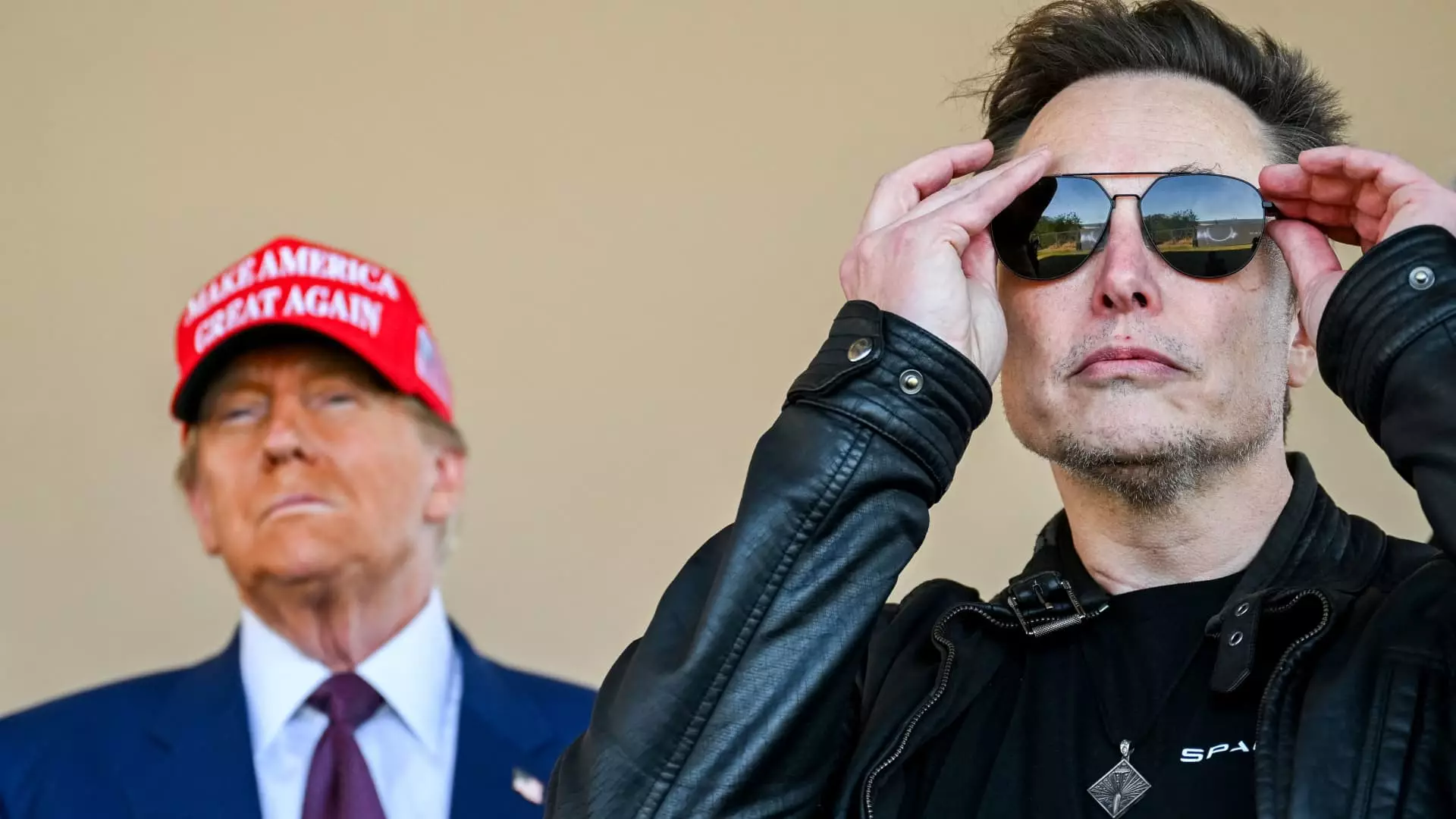Elon Musk and Vivek Ramaswamy are set to make waves in the political landscape when they visit Capitol Hill on December 5. Their mission is crystal clear: to engage Republican congressional leaders in discussions aimed at a transformative overhaul of the government. The announcement came from House Speaker Mike Johnson, who framed this meeting as an opportunity to explore significant reform ideas concerning regulatory relief and administrative efficiency. The duo’s influence is apparent as they take on leadership roles in the newly established Department of Government Efficiency (DOGE), which looks poised to guide the White House Office of Management and Budget in its fiscal strategies.
Key Objectives and Controversial Proposals
Musk and Ramaswamy’s agenda encompasses ambitious plans that include radical cuts to the federal workforce, the closure of multiple federal agencies, and a relentless pursuit of efficiency. Their proposals, outlined in a recent op-ed for the Wall Street Journal, hope to eliminate unauthorized federal expenditures while specifically targeting funds for organizations like Planned Parenthood and the Corporation for Public Broadcasting. The duo’s argument touches on a sentiment present in certain Republican circles—fewer bureaucracies might yield a streamlined government, potentially reducing taxpayer burden.
One particularly striking suggestion from Musk was the dissolution of the Consumer Financial Protection Bureau, an agency designed to protect consumers in the financial realm. If implemented, such a dramatic restructuring could undoubtedly face stiff resistance not just from Democrats but from various stakeholders who see value in bureaucratic oversight.
While Musk and Ramaswamy’s ambitions are intriguing, one must consider the political realities that could thwart their proposals. Many of these reforms would necessitate congressional approval, a significant hurdle given the current state of the House of Representatives. With Speaker Johnson expected to lead one of the narrowest majorities in decades, passing sweeping reforms could turn into an uphill battle. Additionally, the distribution of federal employees across congressional districts means that dismissing federal jobs in a specific locale would likely draw ire from local representatives concerned about their constituents.
This reality may render the duo’s revolutionary ideas little more than a conceptual exercise rather than actionable policy. Political inertia in Congress often stifles ambitious reform efforts, regardless of how compelling the arguments might be.
Ultimately, the partnership between Musk and Ramaswamy signifies a rising tide among certain sectors of the Republican Party advocating for minimal government intervention, possibly looking to explore a drastic reimagining of federal management. Whether this initiative will gain traction or fade into the realm of political aspirations remains to be seen. The blend of entrepreneurial ambition and political maneuvering in this coalition underscores the continuing evolution of America’s legislative landscape, which may or may not align with public interest.
As the meeting approaches, many in the political sphere are left considering whether the vision outlined by Musk and Ramaswamy will indeed crystallize into policy or simply remain theoretical, a conversation starter that reflects deep-seated sentiments about the role of government in a rapidly transforming society.


Leave a Reply